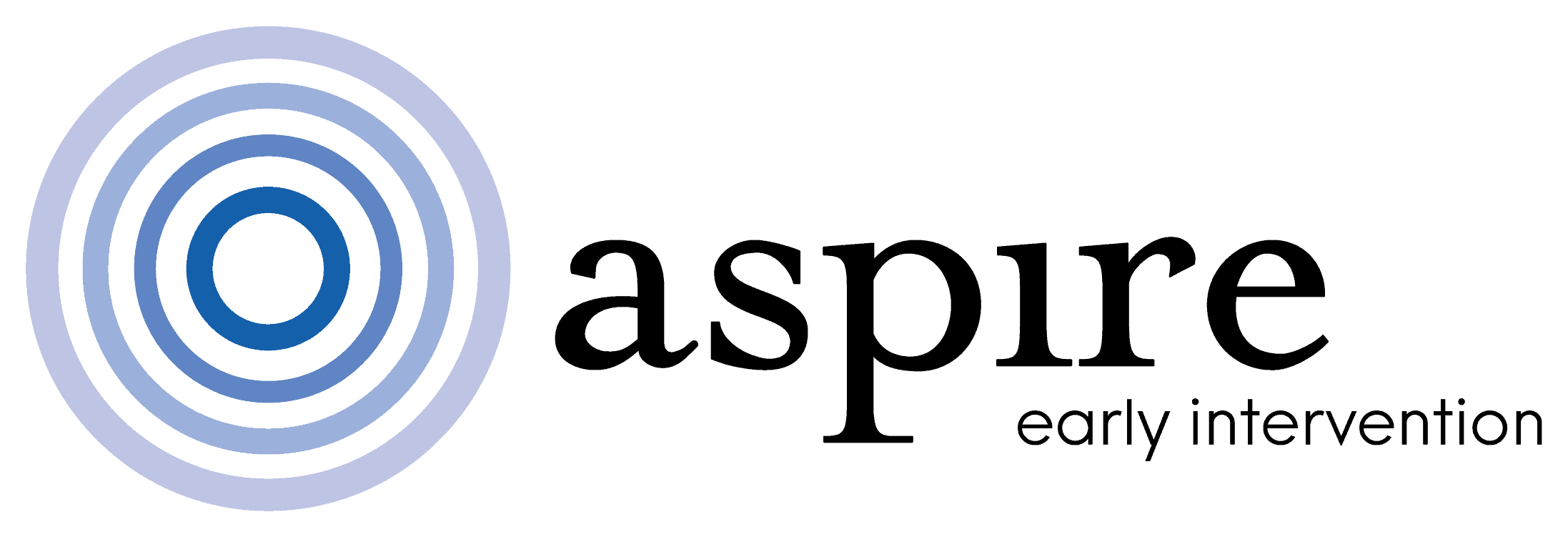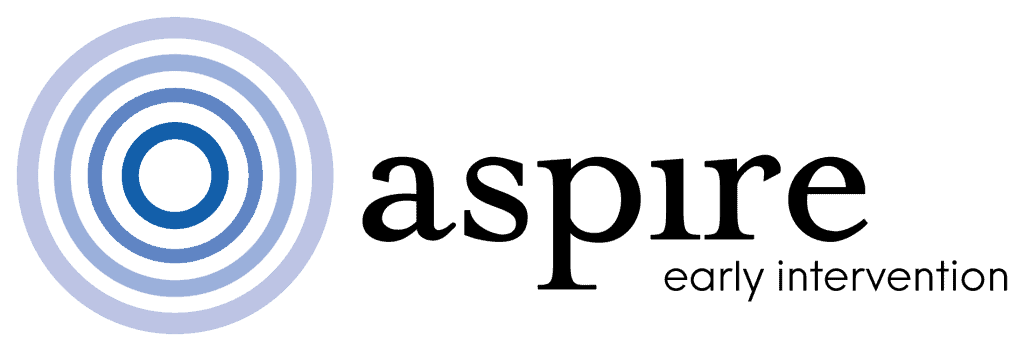The period of transition from being a child to an adult can be one of the most difficult periods of life for us all, let alone for a young person with special needs. School ends, paediatricians hand over to adult doctors, hormones are raging, more and more support services are becoming involved, guardianship issues arise, social media issues arise, privacy, and their world starts to get larger and more difficult to control.
For those supporting someone at this stage in life, it can be a difficult and confusing time, sometimes even overwhelming. Like most situations though, with a bit of preparation, some good ideas, and a bit of support, it doesn’t have to be such a bad experience. Here are my top 10 considerations to help give you the best shot at a successful transition.
1.Early intervention: The younger you start, the better prepared your child will be. It is always easier to prepare and develop skills when a child is young, rather than repair and overcome difficulties as a child moves through adolescence and into adulthood. For every year of therapy you put in early, you can expect to save 2-5 years of therapy later in life.
2. Be prepared: If you get to know all of the available options well in advance, you can make a plan to achieve the best future for your child. It takes time to do well, and there are usually quite a few moving parts to attend to at once. In making a future plan for a child, consider making plans that are short term (this year’s goals and supports), medium term(to see you through the transition period) and long term (setting up for adult life).
3. Post-school options: The main post-school options available to people with special needs are
- day programs (social skills, recreation, community access, life skills),
- transition to work (developing the skills needed to enter the workforce),
- supported employment (supervised work, often in packing, warehousing, gardening, etc),
- Mainstream work through a support agency (working in the mainstream with occasional help to maintain the job),
- and further study (TAFE, Uni, etc).
Developing a goal and plan with your child early can help you to better prepare them for the option that suits them best.
4. Social life: Positive social interactions are one of the best activities you can involve your adolescent in to prepare for adult life. What matters most here is the development of real connections, achieving a place of value and worth in a group, and being exposed to positive social role models. Look for mainstream groups, rather than just special needs specific groups, and be prepared for a fair bit of hard work in the beginning to help them to successfully integrate and participate. It will all pay off in the end though when your adolescent develops positive connections and lasting friendships.
5. Meaningful activities: Try to find ways to engage your adolescent in more meaningful activities around the house, in the community and in your social groups. The value here comes from developing a valued status and achieving something that is important to the others present. It is the difference from being present and truly contributing. This helps to feed their growing desire to have a valued role and clear responsibilities, helping to bring out maturity and responsibility.
6. Clear and consistent supports: As your adolescent’s world starts to grow, and there are an increasing number of supports, services and organisations involved in their care, it becomes increasingly important to have a clear and shared understanding of how best to work with them. This doesn’t need to be a 150 page multi-elemental therapeutic support plan, but could be a tip-sheet, a list of the most important things to remember when supporting your child, a positive support plan or just whatever works for your situation. Inconsistencies can be the source of many behaviours of concern and issues with supports, so having a clear and documented plan can really help to smooth things out.
7. Care and support services: Who will be involved in your adolescent’s life as they mature? Respite, tutors, case managers, community carers, program staff, educators and more. Getting to know the available services and supports to assist your adolescent’s changing needs, and getting them on-board at the right time is key. Seek advice early and make it part of your plan. You don’t want to get past an important milestone only to then learn of a service that would have been of great benefit 18months ago.
8. Therapeutic supports: As an adolescent transitions to adulthood, there is often a greater need for coordination and collaboration of therapeutic services, and you might start to see more plans and programs that combine the input of a range of specialists in either a ‘multidisciplinary’ or ‘transdisciplinary’ model. This can lead to really well designed supports which meet your needs in a highly personalised manner. These styles of intervention also lead to clearer plans to aid in consistency across settings. While it can take a bit of additional coordination to make it work well, it can be a highly effective approach.
9. Medical and healthcare: You will be leaving children’s services behind and moving into the world of adult services. This usually means quite a bit of searching for the professionals who are ‘right’ for you. When looking for a new professional, it can help to write a list of key questions to see if they understand your needs, and are prepared to help. For example “What experience do you have with Autism?”, “Do you have ways to make appointments easier for people with special needs?”, “How do you feel about ______?”, etc. See your initial appointment or phone calls with them as an interview, where you are trying to find out if they are going to be the right care provider for your needs.
10. Accommodation: Where will your adolescent be living in their adult life? Will they stay with you, live in a supported situation, receive drop-in support, live in a mainstream share-house, or live independently. Having a clear and realistic goal will help you to know what skills to help them develop as they prepare for their longer-term life as an adult.
Everyone’s situation and needs are different so seek out the best advice and support you can so that you are as prepared as possible for the transition to adulthood. For each of the considerations above, there are a range of services and professionals who might be able to assist you.
As we start the journey towards a more individualised world of support services with NDIS it will be those who know what they need, and when they need it who will be able to make it work best for them.
If you ever get to a point where you are unsure of the next step, don’t know your available options, or wish to find out more, there are plenty of available professionals to assist. From case managers to social workers, behaviour consultants to service coordinators.
While the transition to adulthood can be a difficult one, with the right support it can be made a much smoother process. I wish you all the best as you support those you care for through to their adult years.
Alan Conradi (Alan’s Behaviour & Consulting) provides a wide range of behaviour supports, skill development and personal growth services, specialising in the needs of adolescents and adults.
With over 10 years of experience in disability support and therapies Alan offers a practical, realistic and understanding service.
Alan can help with planning and assessments (behaviour plans, positive support plans, person centred plans and more), coaching, training and implementation (walking the talk), therapeutic and skill development programs, planning and goal-setting, and much much more.
Call or email to discuss options to suit your needs on 0410487626 or [email protected]




